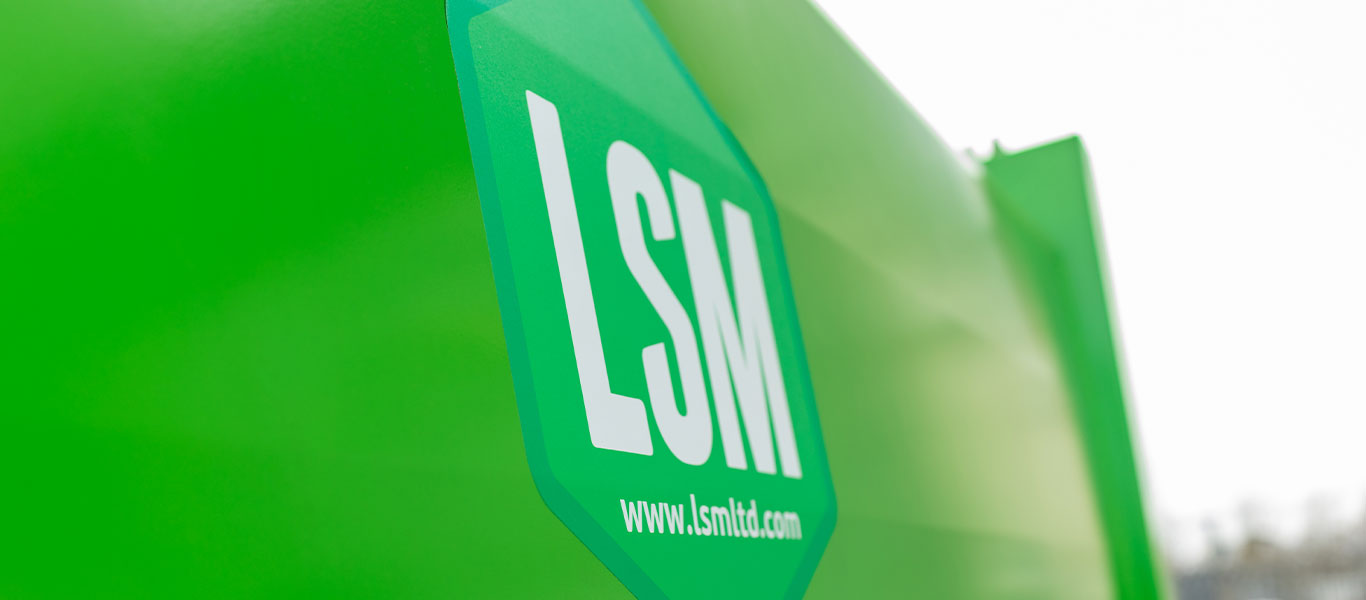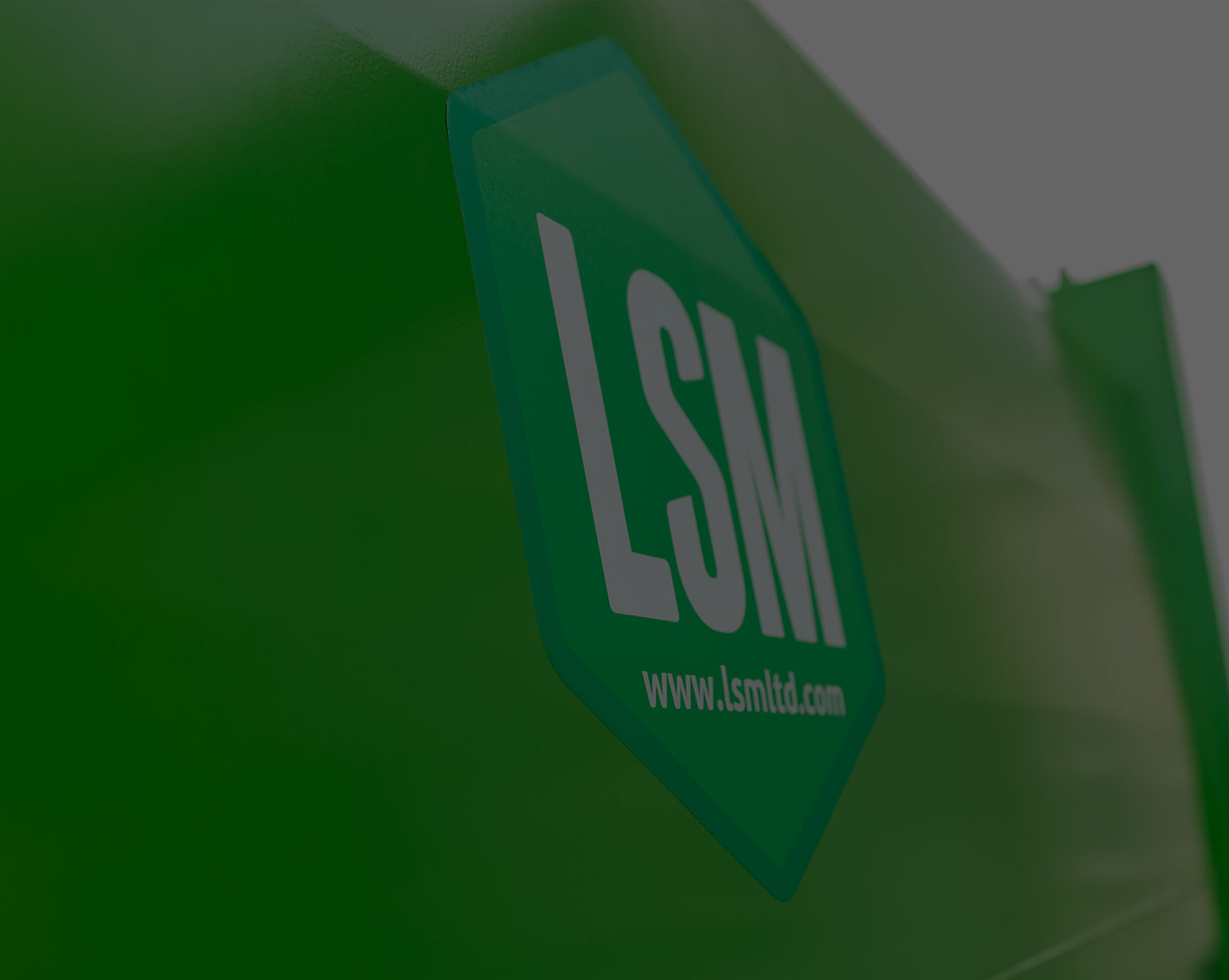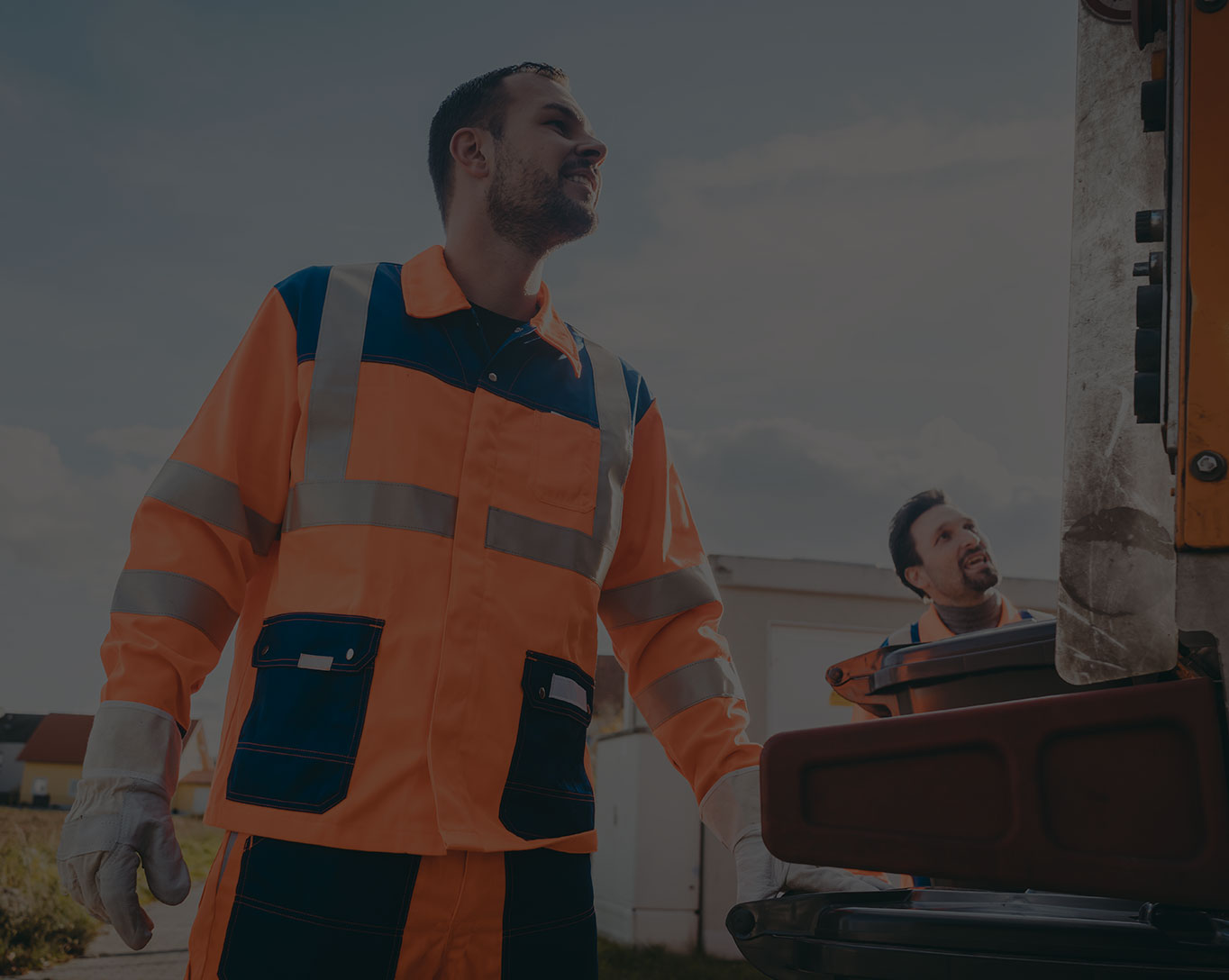With every business, there comes a time when your business growth is matched by the volume of waste and recycling material you manage. Without the right waste management plan and recycling equipment to keep this under control, you could find cardboard, plastic, and general waste begin wreaking havoc on your storerooms and warehouses.
A simple step to help reduce waste material chaos is to introduce a waste baler to your everyday activity. However, simply deciding you need a baler may not be enough – you should also ensure you’ve selected a baler that’s up to the job. Here’s what you need to know to help you find the right recycling baler for your business.

BEGIN WITH WASTE TYPES
The first step in any new waste management program is to identify the types of waste materials you currently process. These materials can be baled:
- Cardboard and paper
- Plastic and PET bottles
- Textiles and dry waste
- Polystyrene
- Aluminium
- Tyres
Although you can bale multiple types of materials with one machine, you may need a different size and type depending on the type and volume of material you’re baling.
For example, a small baler may meet your needs if you largely process cardboard boxes and plastic packaging. You need less force and less space because cardboard is not only easier to compact but holds its shape well.
On the other hand, a business who processes cardboard as well as PET bottles or aluminium will need a more powerful baler like the mid-size baler. Unlike cardboard, PET bottles and aluminium require more power to compress, as they try to hold their shape.
Once you’ve confirmed the materials you need to bale, you’ll then need to calculate the volume of waste you’ll need to process within a given timeframe.
REFINE BY VOLUME OF WASTE
Waste balers come in several shaped and sizes. You’ll find two general shapes for a waste baler: vertical and horizontal. For size, these can range from compact balers for convenience stores and supermarkets, to standard or large balers for higher-volume users like recycling centres, waste management companies, distribution centres, and the automotive industry.
Most SMEs in retail can opt for a vertical baler. Vertical balers take up less warehouse space and include options that process most types of recyclable waste. If you expect to process up to ten bales per day, then a vertical baler will suit your needs. It does, however, have limitations if using for higher volumes of waste, and so might not suit a waste management business or waste broker.
A horizontal baler can process more materials at once, transforming recyclable materials into larger bales. Horizontal balers also offer more consistency in the bales they produce, which simplifies storage and appeals to those who use baled materials as an income stream. Horizontal balers can also help these businesses reduce labour by over 50% against vertical balers when baling large volumes of material.
PROCEED BY CONSIDERING FUTURE BUSINESS REQUIREMENTS
You should also consider future requirements when researching your potential baler. Ideally, you’ll want a slightly bigger baler than you need today, so that your business can grow into it rather than needing to replace it too soon down the line.
For some businesses, it may be more prudent to rent a waste baler rather than buying outright. Renting recycling equipment often makes sense for retail businesses who go through peak periods, as leasing allows you to expand your recycling options when you need it most, without committing to the cost of buying or maintaining new equipment.
Are you weighing your recycling options? The expert team at LSM can help you streamline your recycling activities and show you how a waste baler can pay for itself. Get in touch to learn more or request a quote.


